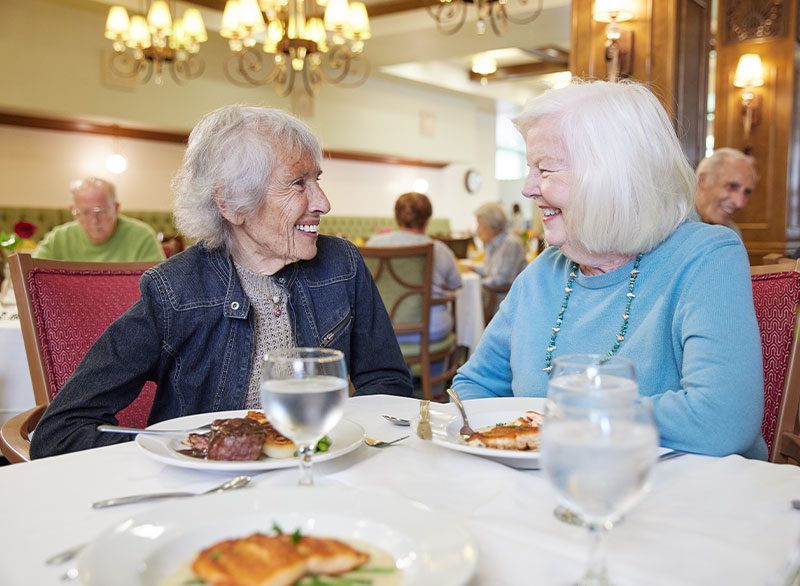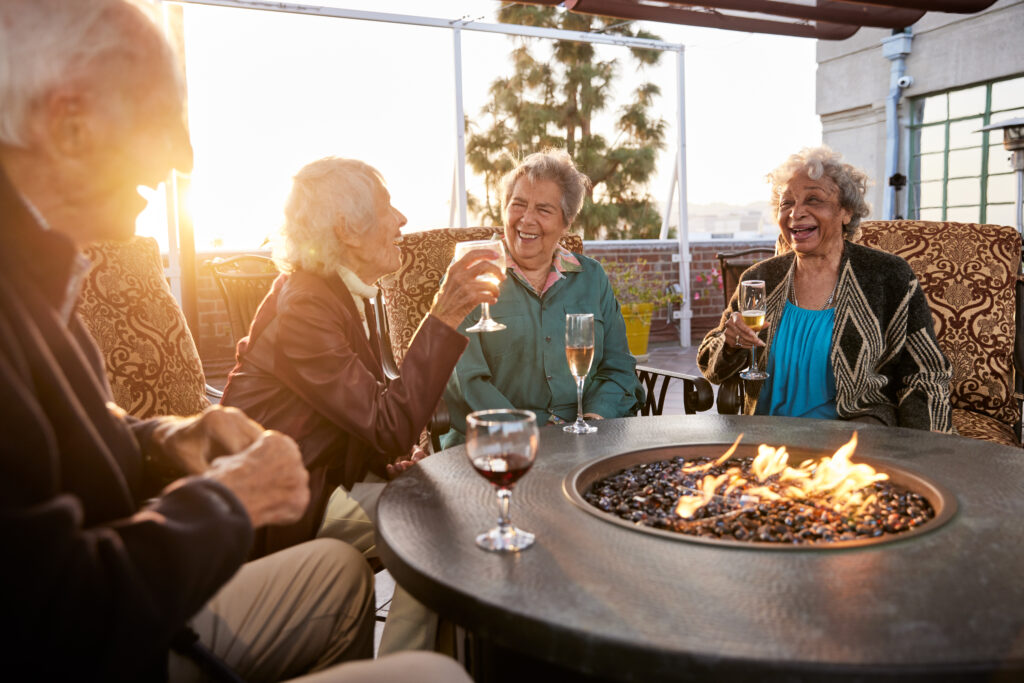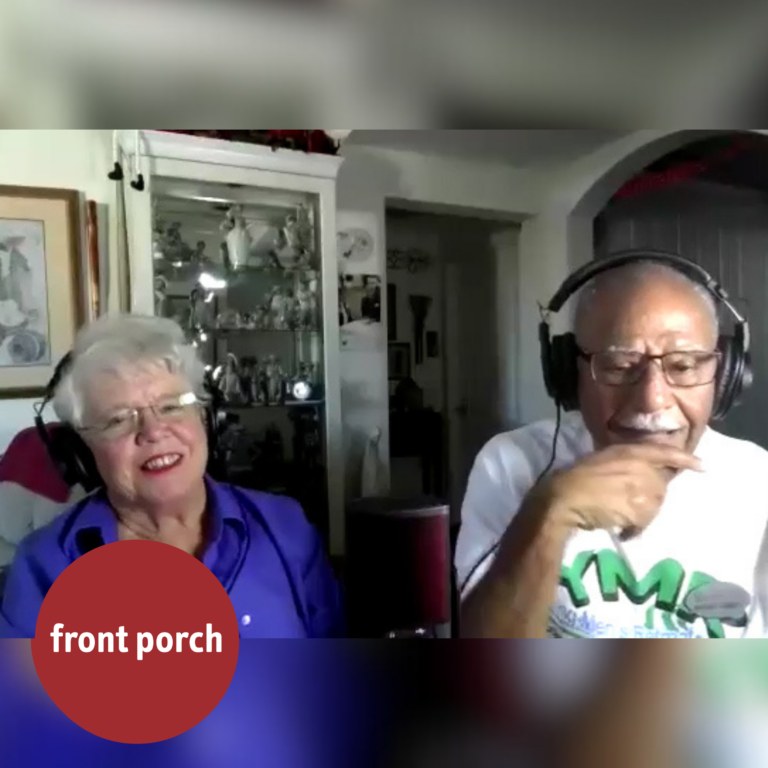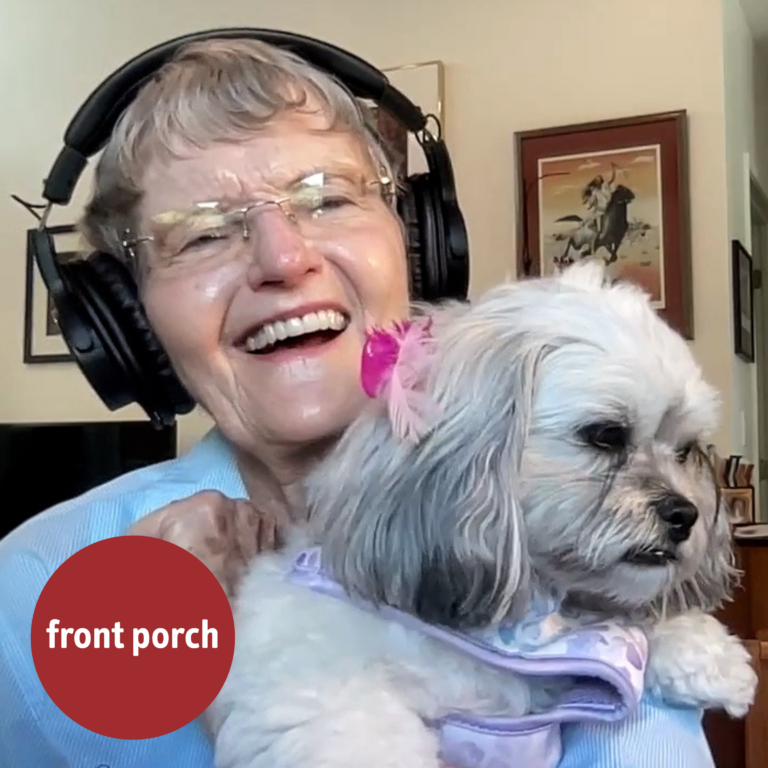February 21, 2025
Understanding and Managing Loss of Appetite: A Comprehensive Guide for Seniors in Los Angeles, CA

Introduction to Loss of Appetite in Senior Citizens
As we age, our bodies undergo various changes and one common issue that many senior citizens face is a loss of appetite. This condition, known as anorexia of aging, can have a huge impact on the overall health and well-being of older adults. If you or a loved one is experiencing a decreased desire to eat, it’s crucial to understand the causes and take steps to address the situation.
Loss of appetite in seniors is an issue that can stem from various physiological, psychological and social factors. It’s a complex challenge that requires a comprehensive approach to manage effectively. By gaining insights into the causes, recognizing the signs and using appropriate interventions, you can help make sure that your elderly loved ones maintain a healthy nutritional intake and overall well-being.
Causes of Loss of Appetite Seniors
Understanding the underlying causes of loss of appetite is critical for developing effective strategies to address this issue. There are several factors that can contribute to a diminished desire to eat in senior citizens, including:
- Physiological Changes:
- Alterations in taste and smell perception
- Decreased production of digestive enzymes and stomach acid
- Chronic health conditions like diabetes, cancer or heart disease
- Side effects of medications
- Psychological Factors:
- Depression or anxiety
- Loneliness or social isolation
- Grief or loss of a loved one
- Cognitive impairments like dementia
- Social and Environmental Influences:
- Lack of social support or companionship during mealtimes
- Difficulty with meal preparation or feeding oneself
- Limited access to nutritious and appealing food options
- Dental problems or ill-fitting dentures
It’s important to note that multiple factors may be at play simultaneously, making it essential to approach the issue from a holistic perspective.
Recognizing the Signs of Loss of Appetite
Early recognition of the signs and symptoms of loss of appetite is crucial for timely intervention and prevention of further health complications. Some common indicators to watch out for include:
- Unintentional weight loss
- Disinterest in food or skipping meals
- Complaints of food tasting bland or having a metallic taste
- Difficulty chewing or swallowing
- Fatigue or weakness
- Constipation or other digestive issues
If you notice any of these signs in yourself or an elderly loved one, it’s essential to seek help from a healthcare professional for a proper evaluation and tailored treatment plan.
The Impact of Loss of Appetite on Senior Citizens’ Health
Loss of appetite can have far-reaching consequences on the health and well-being of seniors. Inadequate nutritional intake can lead to:
- Malnutrition and nutrient deficiencies
- Weakened immune system
- Muscle wasting and loss of strength
- Impaired wound healing
- Increased risk of falls and fractures
- Cognitive decline and decreased quality of life
Addressing loss of appetite promptly is critical to prevent these effects and maintain a healthy lifestyle for the elderly.
Nutrition Tips to Stimulate Appetite in the Elderly
Implementing effective strategies to stimulate appetite can help ensure that senior citizens receive the necessary nutrients for optimal health. Here are some practical nutrition tips to consider:
- Make Meals Visually Appealing:
- Use colorful plates and garnishes
- Arrange food attractively on the plate
- Serve smaller portions to avoid overwhelming the appetite
- Enhance Flavors:
- Use herbs and seasonings to add flavor
- Experiment with different textures and temperatures
- Incorporate favorite foods and familiar flavors
- Encourage Social Dining:
- Invite friends or family members to join mealtimes
- Create a pleasant and relaxed dining environment
- Engage in light conversation during meals
- Offer Nutrient-Dense Foods:
- Incorporate high-protein foods like lean meats, eggs and dairy products
- Include nutrient-rich fruits and vegetables
- Provide calorie-dense snacks or smoothies between meals
- Stay Hydrated:
- Encourage regular fluid intake to prevent dehydration
- Offer water, juices or nutrient-rich beverages
- Consider Supplements:
- Discuss the potential need for nutritional supplements with a healthcare professional
- Supplements can help fill nutritional gaps
Remember, every individual is unique and it may take some experimentation to find the strategies that work best for stimulating appetite in your elderly loved one.

Recognizing the Symptoms
Addressing loss of appetite in senior citizens is an important aspect of maintaining overall health and well-being. By understanding the underlying causes, recognizing the signs and symptoms and implementing effective nutrition strategies, you can help make sure that your loved ones receive the nourishment they need. The key is to approach this issue with patience, compassion and a holistic mindset. Involve healthcare professionals, family members and caregivers in developing a plan that addresses the unique needs and preferences of each individual.
If you or a loved one is looking for an assisted living facility in Los Angeles, CA that has experience with loss of appetite, explore Kingsley Manor. Our community offers nutritious meal options and a supportive environment to ensure the well-being of our residents. Contact us today at (323) 661-1128 to learn more about our community and how we can assist you in managing this common challenge faced by senior citizens.
Read Our Front Porch Blogs

Front Porch Podcast – Episode 8: Belonging: The Heart of Community—with Arthur Liggins & Candace Young-Schult

Front Porch Podcast – Episode 7: Commander Beth Coye: A Warrior for Equality

